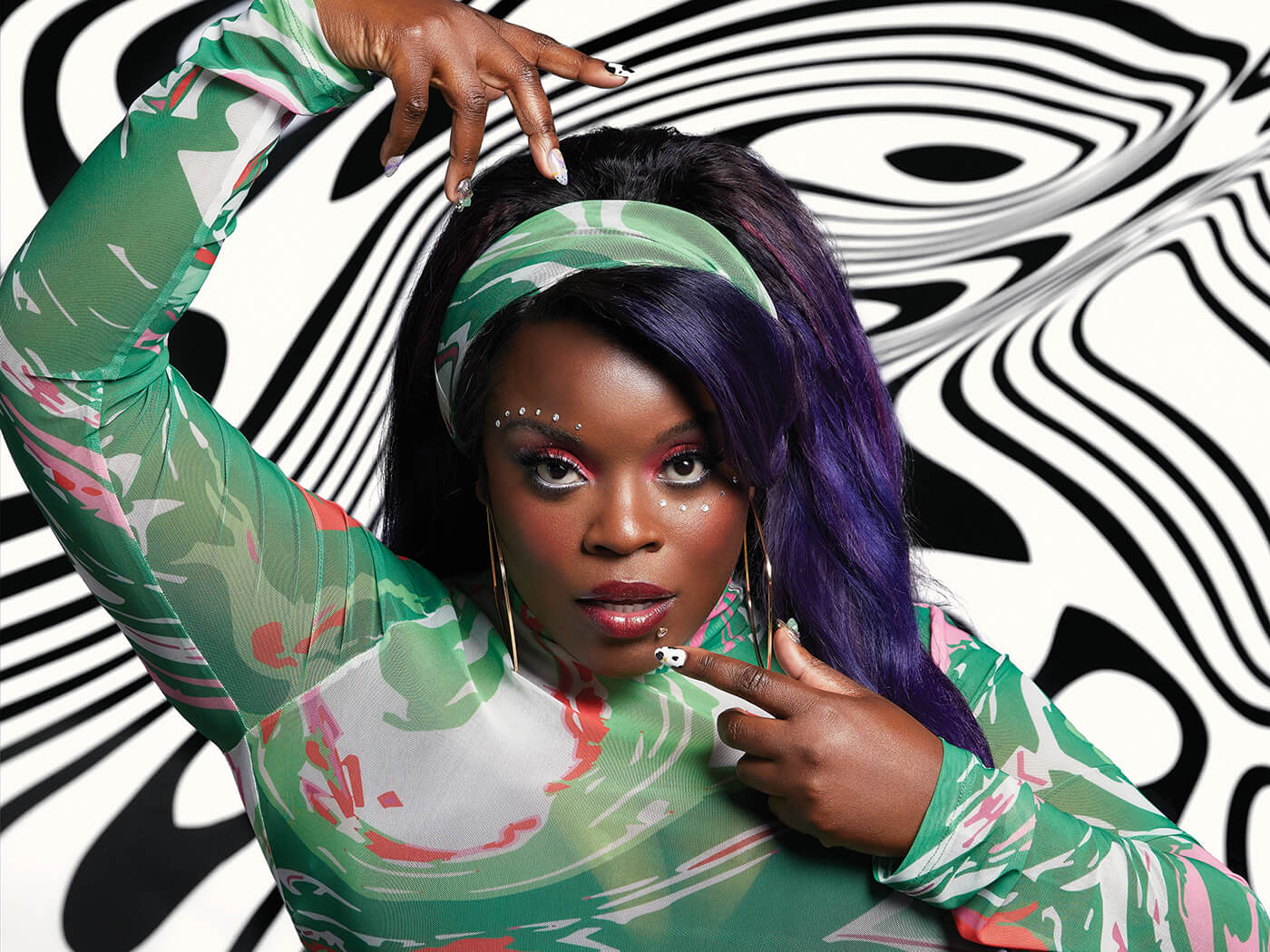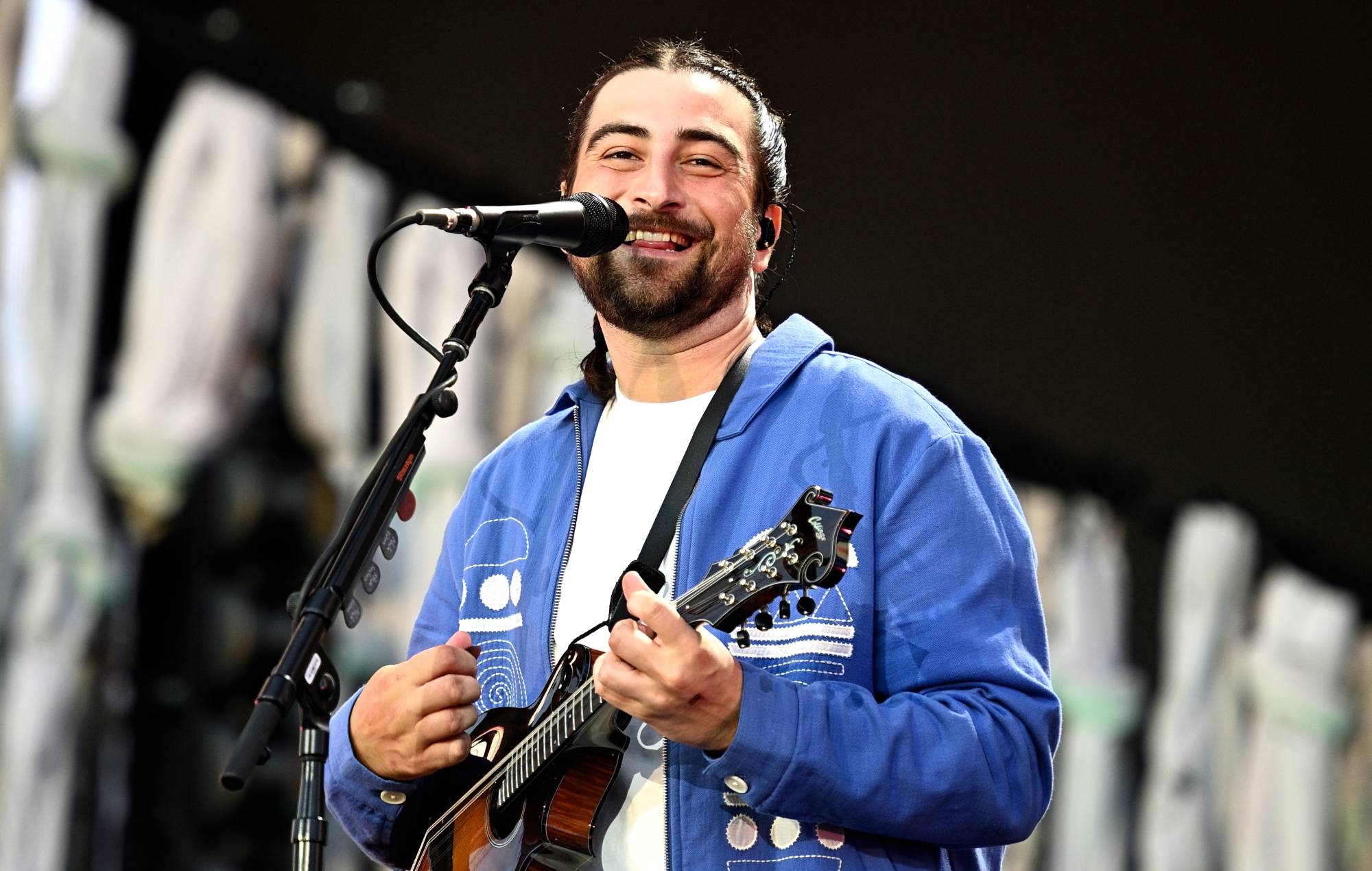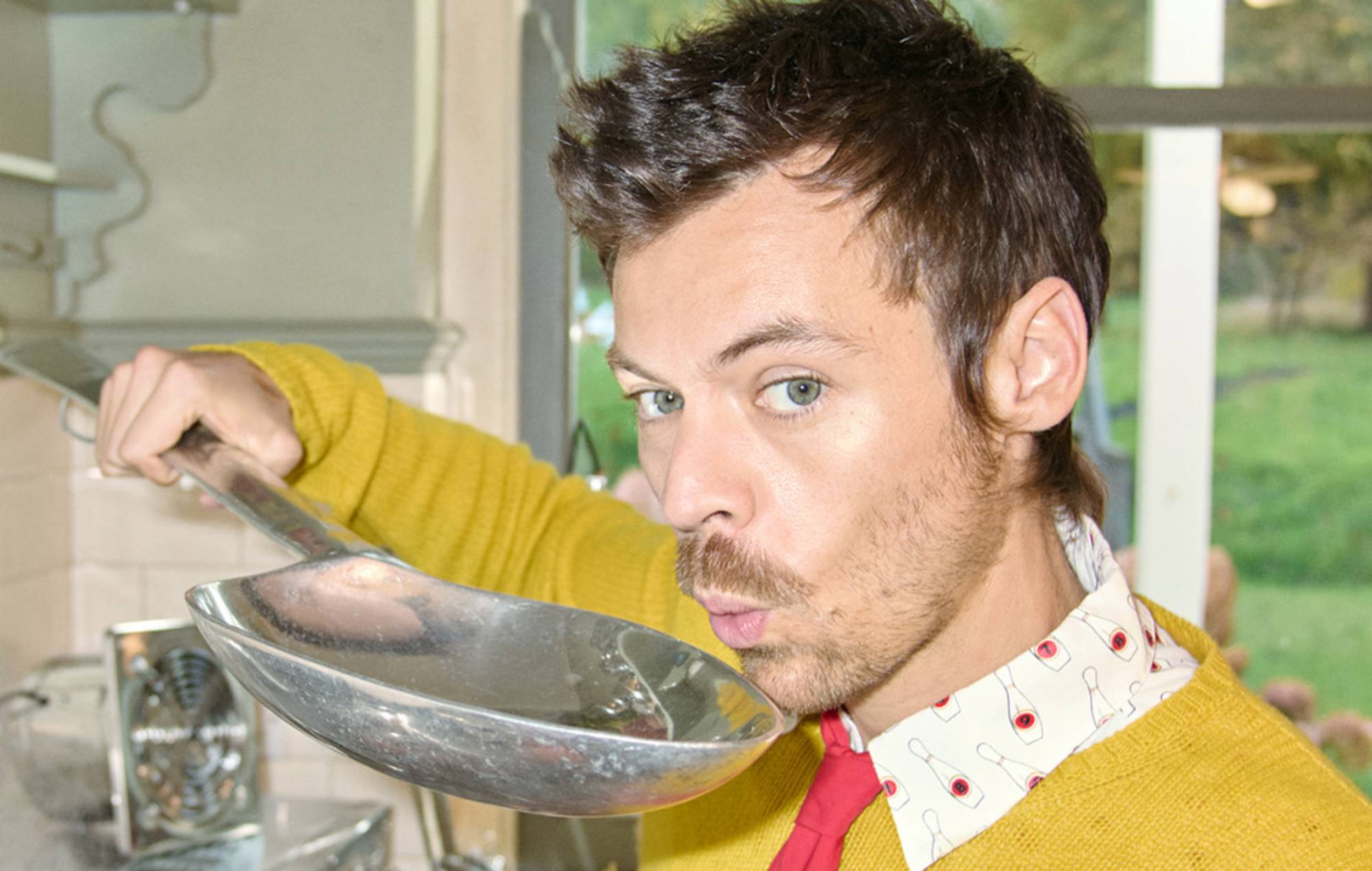
Rarely does a protest song sound quite as sceptical as Diamond Studded Shoes, the first single from Yola Carter’s second full-length, Stand For Myself. It’s an anthem for the downtrodden, a call to arms for anyone pushed aside or trampled under, but even the ratatat chorus warns them not to get their hopes up: “We know it isn’t, it ain’t gonna turn out right!”
- ORDER NOW: The Beatles are on the cover of the September 2021 issue of Uncut
Contrasting the fatalism of those lyrics is the exuberance of the music, with its rollicking guitar licks and rolling pace sounding like JJ Cale covering The Staple Singers’ Freedom Highway. The song, co-written with Aaron Lee Tasjan and produced by Dan Auerbach, nods to pop history without settling on any one particular sound or style to get its point across. And then there’s Yola’s voice, one of the mightiest in pop music today. She locates a midpoint between the lyrics’ smothering worry and the music’s visceral joy, and when she hits the big, dramatic notes, she sacrifices neither nuance nor intimacy. As a result, Stand For Myself never really sounds like a protest album: it’s lush instead of austere, joyous as well as outraged.
Even before she released her first solo EP, Orphan Offering, in 2016, Yola had lived many musical lives, first in a series of rock bands that could never make a good place for her. A vocalist for hire, she collaborated with groups like Massive Attack and Bugz In The Attic, all while fronting the Bristol-based band Phantom Limb. In the 2010s, however, she crossed the Atlantic, settled in Nashville, and signed with Dan Auerbach’s Easy Eye Sound label. They worked together on her debut album, 2019’s Walk Through Fire, although the rounded edges of his production made it sound as much like an Auerbach project as a Yola LP.
She dispels that impression on Stand For Myself, primarily by going bigger. Again she recorded with Auerbach at his Easy Eye Sound studio, using a small battalion of veteran session players like Bobby Wood, Billy Sanford and gospel greats The McCrary Sisters. There were a few newcomers as well, including bassist Nick Movshon (Amy Winehouse, Bruno Mars) and drummer Aaron Frazer (Durand Jones & The Indication). Together, they drape these songs in the finery of ’70s soul, funk, even disco. Stand For Myself is a headphones album, lovingly written, arranged and produced. Yola takes no small joy in rummaging around pop history to find sounds that bolster, contradict or simply complicate her songs. Whatever You Want stomps and swaggers like early-’70s Stones, while Like A Photograph shimmers like a sweet-nothings ballad off a mid-career Dusty album.
With its Studio 54 drumbeat and Philly Soul horns, Dancing Away In Tears namechecks Neil Sedaka’s Breaking Up Is Hard To Do and Doc Pomus’s Save The Last Dance For Me without sounding overly clever, as though pop music offers some salve against the wounds inflicted by the larger world. It’s not just a standout on the album, but one of the finest moments in Yola’s catalogue so far, beautifully orchestrated and perfectly sung: a testament to pop and soul music’s ability to break and heal a heart.
After the pandemic derailed her plans for 2020 – an arena tour with The Black Keys and Chris Stapleton, a starring role as Sister Rosetta Tharpe in Baz Luhrmann’s Elvis Presley biopic – Yola found inspiration in her mother’s old record collection, which means her pop references are personal. She uses her voice differently, downplaying some of the bigger moments to emphasise the nuance in her voice. And, working with co-writers like Tasjan, Natalie Hemby and Ruby Amanfu, she wields the word “we” like a sword. Her songs toggle between the singular and the plural, the private and the communal. These songs are pointed in their plurality, as though speaking to and for such a wide swathe of listeners is itself a subversive act. Standing For Myself makes the political personal, the personal political.
By balancing pop and politics, Yola always sounds like she’s in the trenches herself, always mustering the courage and energy to keep fighting. Ultimately, this is an album about how an “I” becomes an “us”, about how the artist cannot survive without her audience. “Thought that I could play the hero on my own”, she sings on If I Had To Do It All Again, bolstered by a stuttering drumbeat and undercut by a stabbing electric guitar. “But without you, I just don’t know who to save”.






